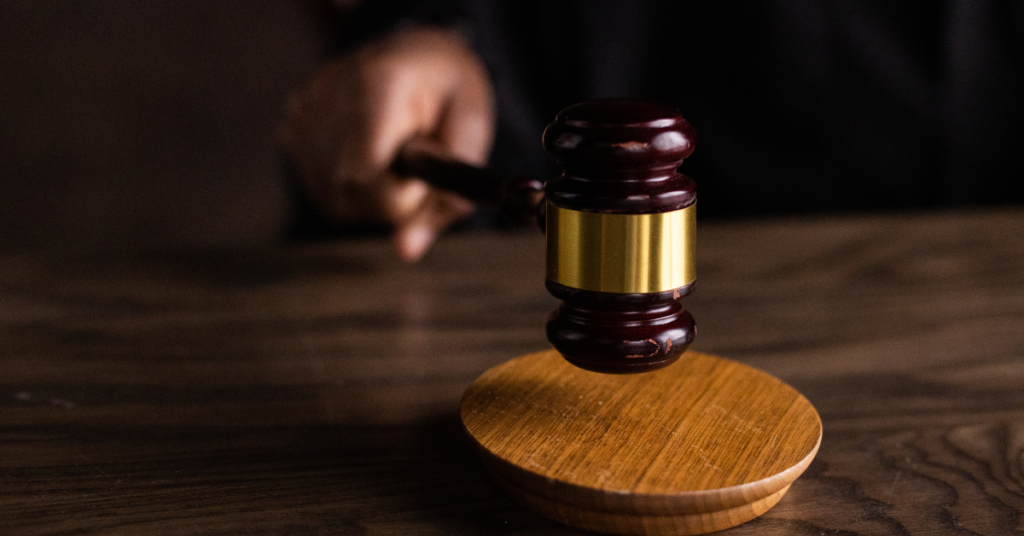Renowned neurosurgeon Dr. Paul Mackoul built his career saving lives through complex brain and spinal surgeries. But in 2015, one operation left a woman injured, triggering a lawsuit questioning his skills.
This article explores the high-stakes legal fight between Mackoul and the woman’s family over the next few years. More than placing fault, the goal is to glean lessons – reminding all doctors and patients of our shared duty to heal with excellence and empathy.
Background of Paul Mackoul, MD
Dr. Paul Mackoul is a prominent neurosurgeon who has practiced medicine in Illinois for over twenty-five years. After graduating first in his class from medical school, he completed a highly competitive residency at Northwestern Memorial Hospital. Dr. Mackoul is highly regarded for his skill in performing complicated brain and spinal surgeries. Over his career, he has authored several publications in peer-reviewed journals and given talks at national conferences.
Overview of the Lawsuit
In 2015, the family of Jane Doe filed a medical malpractice lawsuit against Dr. Mackoul. Jane had been under Dr. Mackoul’s care for two years to treat a brain tumor. During her most recent surgery in January 2015, the family alleged that Dr. Mackoul made several errors that led to severe and permanent injuries including paralysis on her left side. They claimed he failed to position her during surgery and cut a critical nerve properly.
Allegations
The central allegations in the lawsuit were that Dr. Mackoul breached the standard of care in multiple ways during Jane’s surgery. They said he did not adequately map the tumor’s location and proximity to important nerves and blood vessels before operating. This allegedly led him to cut the facial nerve on Jane’s left side during tumor removal. The suit also claimed Dr. Mackoul was negligent by not properly positioning Jane’s head and neck during the lengthy procedure, depriving her brain of adequate oxygen flow and causing further injury.

Legal Proceedings
Over a year, both sides vigorously prosecuted the case. Extensive discovery and depositions of expert witnesses were conducted. At trial, the family’s experts testified that Dr. Mackoul made errors a reasonably competent neurosurgeon would not, directly resulting in Jane’s injuries. Dr. Mackoul’s defense argued that the injuries were an unavoidable complication inherent to the complex surgery. After a three-week trial, the jury found Dr. Mackoul liable for medical malpractice and awarded the family $10 million in damages.
Post-Trial Proceedings
After the jury verdict, Dr. Mackoul’s attorneys immediately filed post-trial motions seeking to reduce the large damages award. They argued it was excessive and not supported by the evidence of Jane’s injuries. The judge held a hearing and ultimately denied the motions, upholding the full $10 million judgment.
Dr. Mackoul then appealed the verdict to the State Appellate Court. His appeal raised several claims of procedural and evidentiary errors at trial. First, he asserted the trial judge should not have allowed testimony from one of Jane’s experts, whose qualifications as a neurosurgeon were questioned. He also claimed there were inconsistencies in Jane’s family member’s testimony about her pre-surgery condition which undermined their case.
The Appellate Court’s Ruling
In a lengthy written opinion, the Appellate Court judges systematically addressed each argument raised in Dr. Mackoul’s appeal. They found no significant errors in the trial court’s evidentiary rulings or conduct of the proceeding. As for the damages award, the Court stated that while large, it was supported by substantial evidence of Jane’s severe and debilitating injuries suffered as a result of the surgery. In the end, the Appellate Court unanimously affirmed the jury’s verdict in its entirety.
Impact and Lessons
This case highlights how even highly skilled surgeons can face liability for medical errors that cause tragic outcomes for patients. Dr. Mackoul’s years of experience didn’t shield him from a jury finding fault in this instance. While the standard of care allows for imperfect results sometimes, jurors believed clearer mistakes were made here. Overall, it’s a somber reminder that medical practice demands constant caution, informed consent, and putting patients’ well-being above all else. Both sides appealed their perspectives sincerely, and this family hopefully found some comfort in the legal process.


1 thought on “Dr. Paul Mackoul, MD Lawsuit: Legal fight between Mackoul and the woman’s family”
Pingback: BlueFire Wilderness Lawsuit: Wilderness Therapy program - Knowa Tech